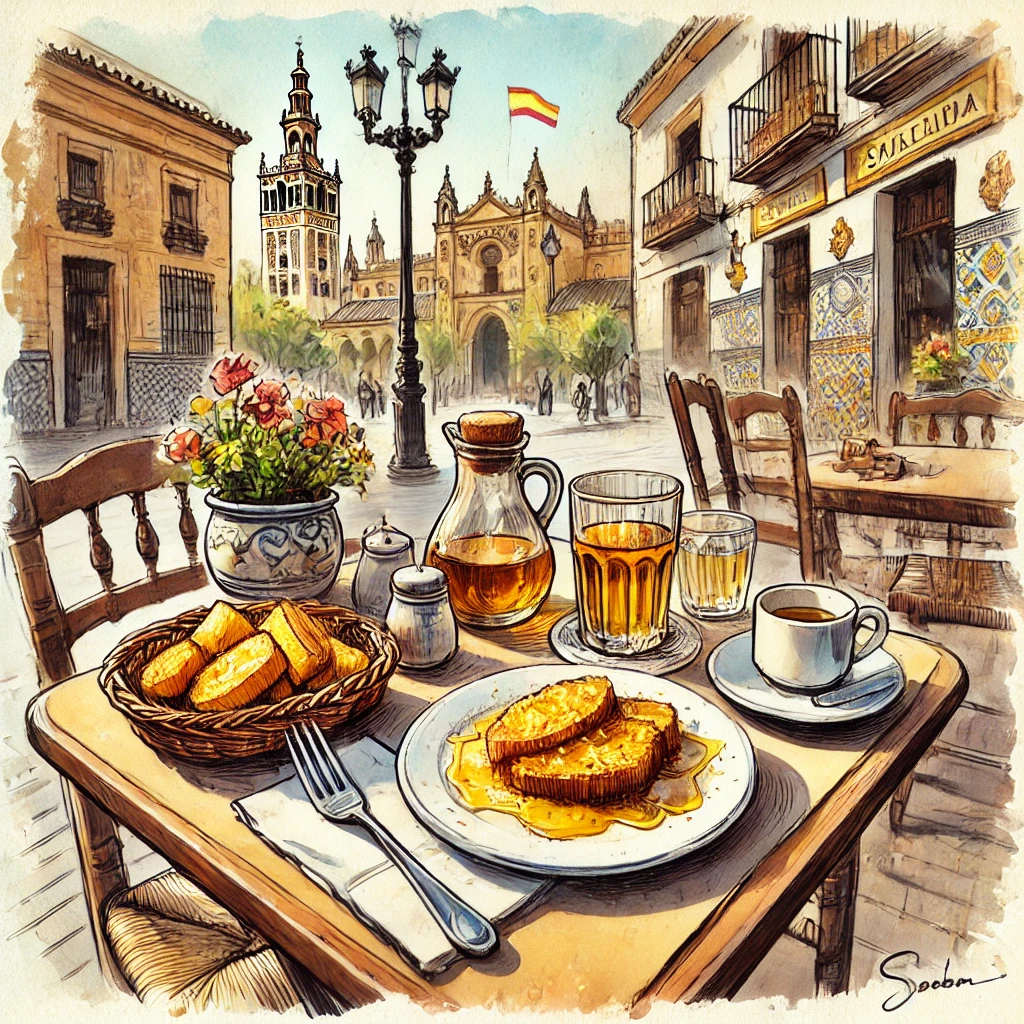This ancient fortress is one of the best things to do in Málaga, Spain — and it beats out the Alcazaba.
Be sure to walk the ramparts of the Gibralfaro, the Moorish fortress that looms above Málaga, Spain
Somehow our friends had never experienced it — and it turned out to be one of our favorite parts of Málaga (aside from the delicious food and over-the-top religious iconography, of course).
Jo and José had been to the Alcazaba before, but hadn’t gotten around to exploring the Gibralfaro yet. After joining us there on an afternoon hike, it has become one of the places they’ll now take everyone who visits them in Málaga.
“You can walk the entire perimeter of the fortress — affording the best views in the entire city. ”
The Málaga Cathedral stands proud as the buildings of the city center encroach upon it
The defensive wall of the Gibralfaro
When was the Gibralfaro built?
The castillo was built in 929 CE, commissioned by Abd-al-Rahman III, Caliph of Cordoba, reports andalucia.com.
The structure was enlarged by Yusef I, Sultan of Granada, at the beginning of the 14th century, after realizing that Málaga’s other Moorish castle, the Alcazaba, was too vulnerable to cannonfire, according to visit-andalucia.com. The sultan also added the wall that connects the two fortresses.
How'd the Gibralfaro get its name?
Because it was built on the site of a former Phoenician enclosure and lighthouse, it was given a name that's derived from an Arabic and a Greek word: Gebel-Faro: Rock of the Lighthouse.
Wally jumps for joy during a visit to the Gibralfaro
How was the Gibralfaro designed?
It was considered the most impregnable fortress on the Iberian Peninsula for a time, according to the Ayuntamiento de Málaga. It has two lines of zigzagging walls and eight towers.
The coolest part is that you can walk the entire perimeter of the fortress — affording the best views in the entire city. You can look down upon the Plaza de la Merced, where Picasso was born, the cathedral, the coast and the bullring.
You can look down upon the Plaza de la Merced, famous for being the birthplace of Pablo Picasso
When I was researching our trip, I kept coming across pictures of the bullring taken from above. (Of course at the time, I was sure it was a remarkably well-preserved Roman colosseum. That turned out to be bull, ha ha.) I wanted to be sure to capture the same dramatic view. Well, I needn’t have worried. You, too, can capture this glorious scene from the ramparts of the Gibralfaro fortress.
The fortress affords fantastic views, including the iconic bullring of Málaga
Was the Gibralfaro part of any famous battles?
Not a battle per se, but a siege conducted by the Catholic monarchs, Ferdinand and Isabella, which ended only when hunger forced the Malagueños to surrender.
Afterwards Ferdinand occupied the site, while his queen took up residence in the town.
Interesting historic fact: This was the first conflict in which gunpowder was used by both sides.
You can even see down to the harborfront. That colorful glass box is the entrance to the Centre Pompidou Málaga
Any advice for exploring the Gibralfaro?
If you only have time for one of these historic sites, hit the Gibralfaro. The views are worth it.
And wear sensible shoes. As the Young Adventress points out, it’s a bit of a hike to the top, and then you’ll be walking around the periphery walls without any real shelter from the sun.
But! The good news is that there’s a pot of gold at the end of the rainbow — or at least a nice tinto de verano or cold beer at Terrazita, the small outdoor bar. –Wally






























